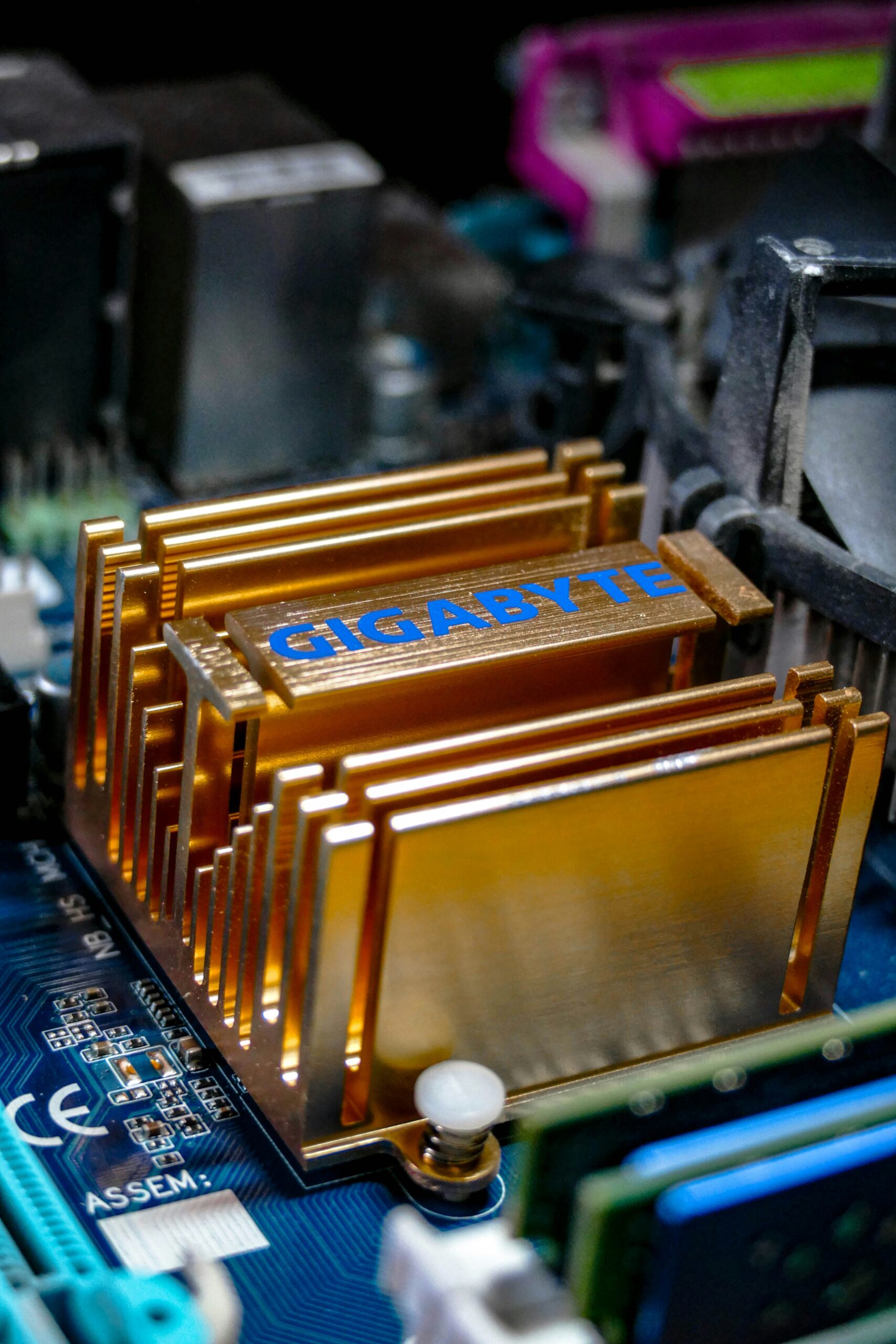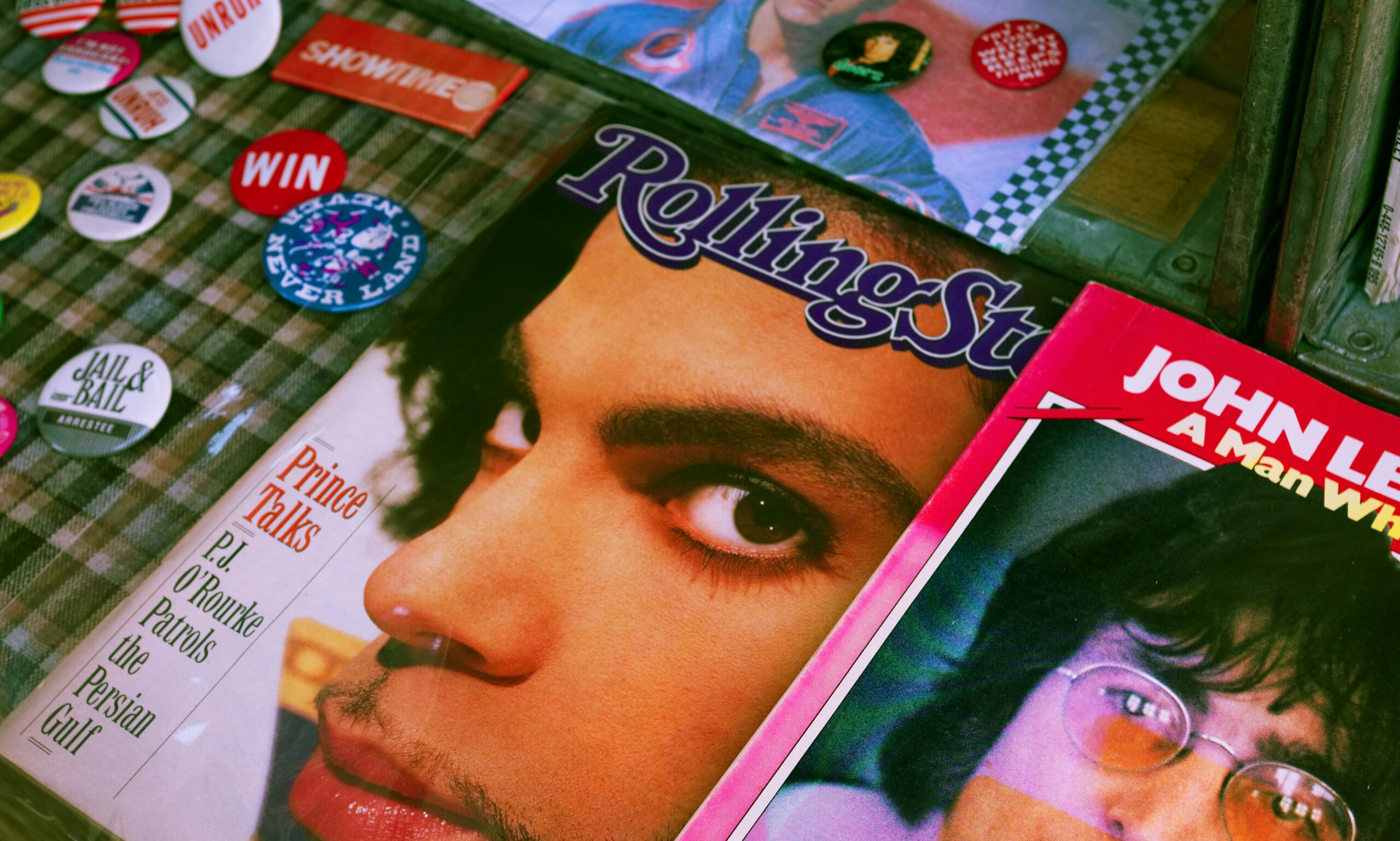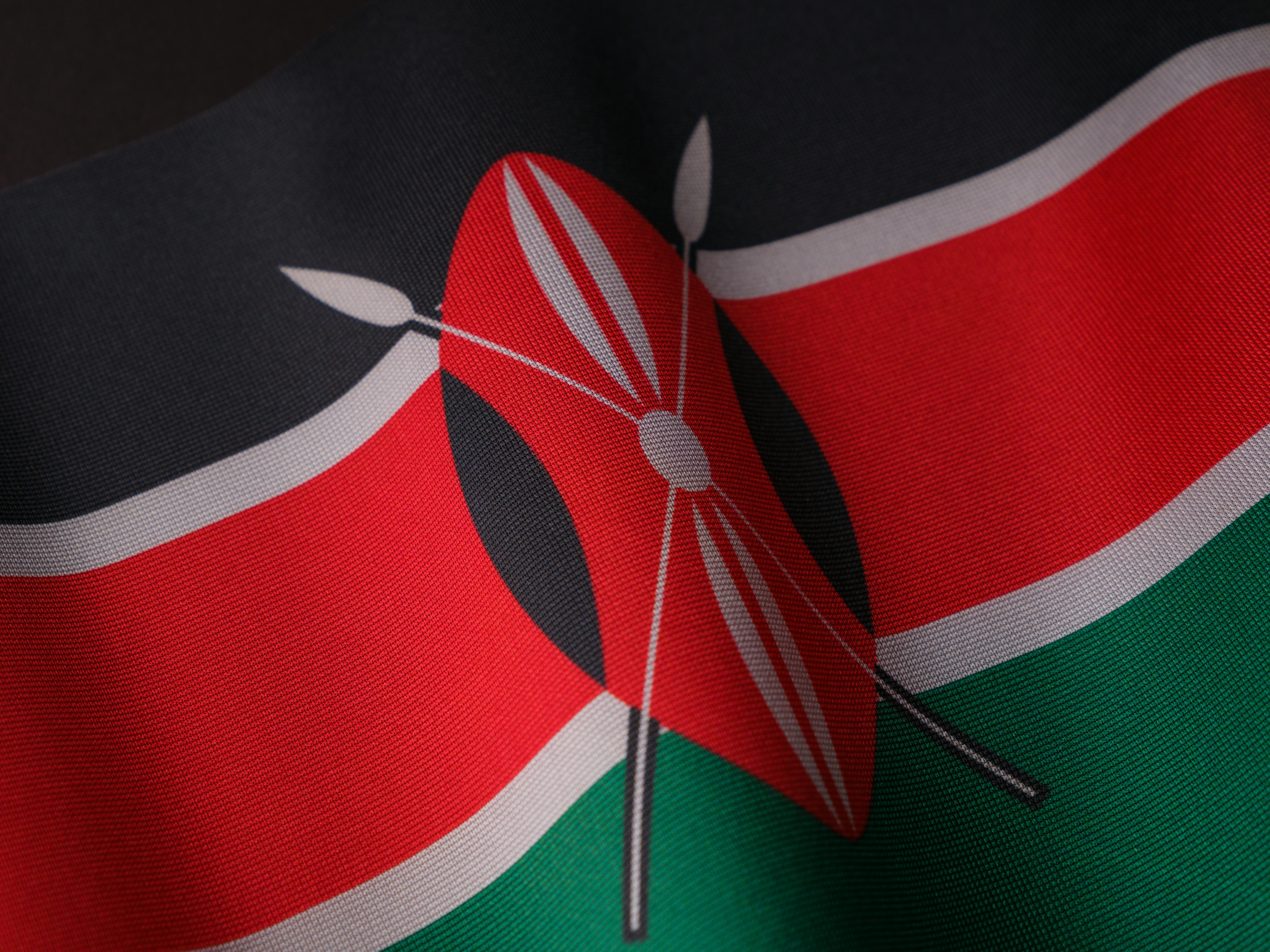Image credit: Unsplash
Few athletes leave a legacy that extends beyond their sports careers. Kobe Bryant is the exception. He still stands as a towering example of excellence—both on and off the court. Known for his relentless work ethic and iconic “mamba mentality,” Bryant was a mentor to other athletes.
One of Bryant’s most enduring lessons? How to leverage players’ fame and earnings to create sustainable success.
Case in point is James Harden, the Los Angeles Clippers guard and former MVP, who credits Bryant with transforming his approach to investments and financial strategy.
Harden recently reflected on Bryant’s patient and strategic investment philosophy, sharing how the basketball legend’s guidance radically transformed his financial outlook.
A New Playbook for Investments
Bryant’s advice came at a pivotal time for Harden. The young hoops star was stuck in a rut of impulsive decisions and badly needed a more methodical approach to building wealth. Bryant believed in playing the long game. The goal? To focus on steady, meaningful investments—rather than chasing quick returns.
“Kobe basically said, ‘We’re going to put a stash of like $5 million together, and any business opportunities that come along, we’ll take a piece of that to invest,'” Harden shared. “It might be $200,000. It might be $500,000, depending on the opportunity. But we’re going to let that pot grow and see what happens.”
One of their earliest ventures was BodyArmor, a sports drink company. Harden invested $500,000 in the brand. Following a decade of strategic growth, the investment proved to be a masterstroke. When Coca-Cola acquired BodyArmor, Bryant’s stake earned him a $400 million payday.
Bryant’s Blueprint for Success
Bryant’s fiscal approach mirrored his on-court approach: disciplined, deliberate, and visionary. He believed that one should align their investments with their passions. Doing so would encourage people to build something meaningful patiently over time. Slow and steady wins the race, Bryant insisted.
BodyArmor was just one of Bryant’s successful ventures. He showcased his creativity by founding Granity Studios, a multimedia company focused on sports-based storytelling. Bryant used Granity to co-write and produce Dear Basketball, which won an Academy Award for Best Animated Short Film.
He also authored The Mamba Mentality: How I Play. The bestselling book offered readers an inside look at Bryant’s unparalleled preparation and winning mindset.
Bryant’s ability to channel his on-court determination into off-court success stemmed from one of his core beliefs: that hard work and long-term planning are universally applicable principles. “He approached everything with the same level of intensity,” Harden noted. “Kobe never did anything halfway.”
Lessons for Harden—and Beyond
Bryant’s mentorship provided Harden with a fundamentally sound financial framework. Bryant’s message was clear: fast money is fine, but it’s superficial and will let you down in the end.
Harden acknowledged that Bryant helped change his approach to wealth. He realized that pooling funds is wise. Another nugget of wisdom was targeting carefully selected opportunities is always better than jumping at the first option that presents itself.
“Kobe showed me it’s not about quick wins,” Harden said. “It’s about building something. You give it time, you nurture it, and eventually, you see results.”
For Harden and other athletes influenced by Bryant, this approach drastically shifted their mindsets. It also taught them a vitally important lesson: athletes do have the means to transition from being high earners to savvy investors.
The result? They (and their families) end up with financial security—long after their playing days are over.
Kobe’s Enduring Legacy
Kobe Bryant’s success as an investor is the stuff of legends.
Still, his legacy is about more than financial returns. His actions off the court embodied the values he lived by: passion, patience, and a relentless drive for excellence.
And as Harden reflects on the lessons he learned from Bryant, it’s clear that the “Black Mamba’s” wisdom—financial and otherwise—still impacts those who knew him.















































































































































